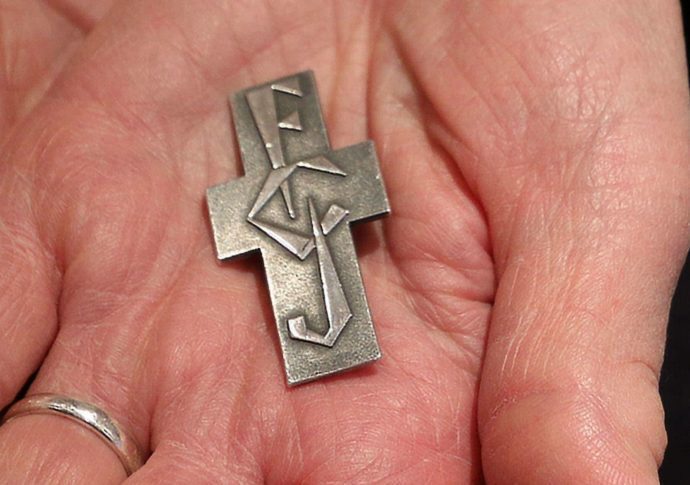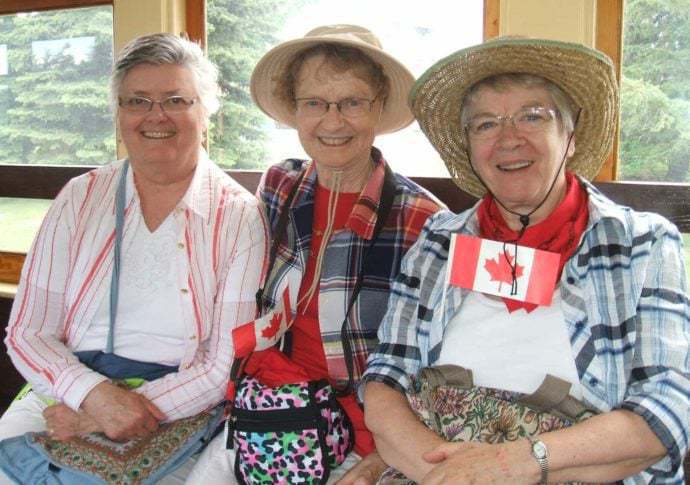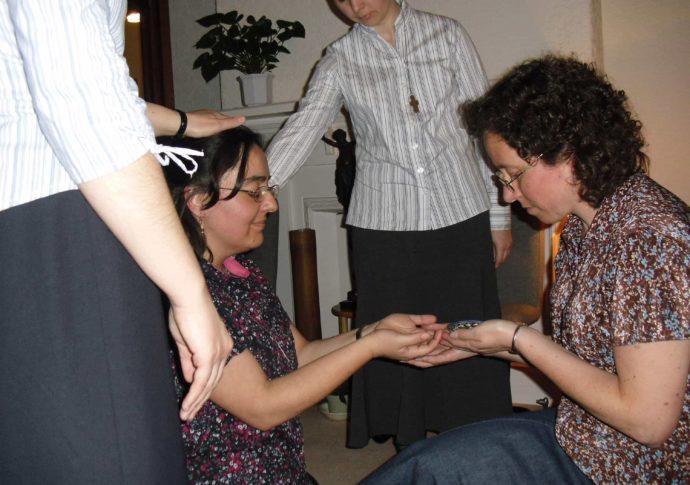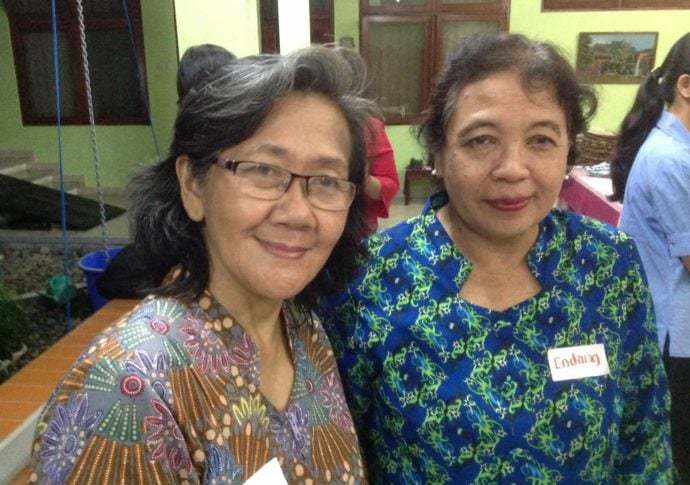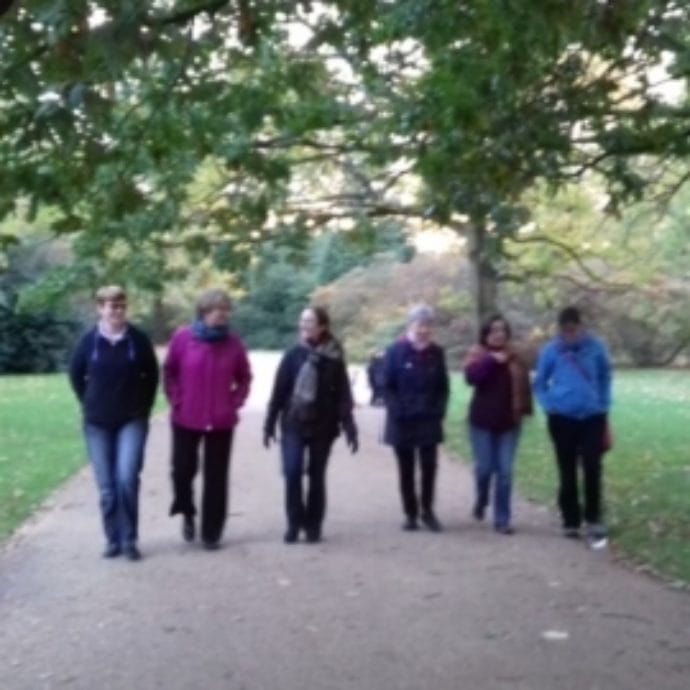By Denise DeNeve, Director of the FCJ Retreat and Conference Centre in Calgary
Imagine a regular weekend morning. You and your children dress in comfortable clothes, pick up some garden tools, and walk (or bike) to your FCJ Centre community garden.
There, you will chat with Gerri, who will share wonderful stories about food security and healthier habits; or may learn some healthy recipes from Lisa; or chat with Fr. John about his bee keeping antics, a few yards away. Your children will spend a few hours with Joram, a newcomer from Syria who will teach them how to care for their seedlings, so they become strong cucumbers, tomatoes, and peas.
You then spend your whole morning, exchanging ideas and recipes while caring for the plants and sharing food at the afternoon potluck party. Or you may relax sitting on a bench while observing how nature does its work.
You are happy because you know you will save money this year on grocery shopping and your children will enjoy fresh organic fruits and vegetables, while learning about science, composting, food preservation and healthy habits. This is not a dream it is happening in Calgary and around the world: it is called a “community garden.”
What better way to Celebrate Earth Day every day! Community gardens are a response to food insecurity and food price increases, loss of community networks and isolation. In Canada, the first community gardens appeared along railway lines initiated by Canadian Pacific Railway in 1890. Their use declined after 1910, but since 1965, more community gardens in urban centres have been established throughout the country as a response to and as an indicator of the increasing awareness of ecological and food security issues.
There is nothing quite as satisfying as growing your own fresh flowers and vegetables in a community garden. Especially if you spend most of your day sitting behind a desk, it’s a welcome change of pace to spend some time outdoors, working with your hands and feeling physically connected to the Earth.
Community gardens are part of the sharing economy. They make it possible for many people to enjoy a resource – in this case, land for gardening – that they couldn’t afford on their own. However, it’s not just the gardeners themselves who gain from community gardens – the benefits extend to the rest of the neighborhood and even to society as a whole.
Community gardens provide many benefits including:
- Recreation for all ages
- Beautification of neighbourhoods
- Healthy food production
- Community building
- Places to share gardening knowledge and experience.
GARDEN BLESSING FOR EARTH DAY
God bless this garden
Through which your glory shines,
May we see in its beauty the wonder of your love.
God bless the soil
Rich and teeming with life,
May we see in its fertility the promise of new creation.
God bless our toil
As we dig deep to turn the soil,
May we see in our labour your call to be good stewards.
God bless each seed
That takes root and grows,
May we see in their flourishing the hope of transformation.
God bless the rains
That water our efforts to bring forth life,
May we see in their constancy God’s faithful care.
God bless the harvest
Abundant and bountiful in season,
May we see in God’s generosity our need to share.
God bless this garden
As you bless all creation with your love,
May we see in its glory your awesome majesty.
Amen.
From Christine Sine, To Garden With God






